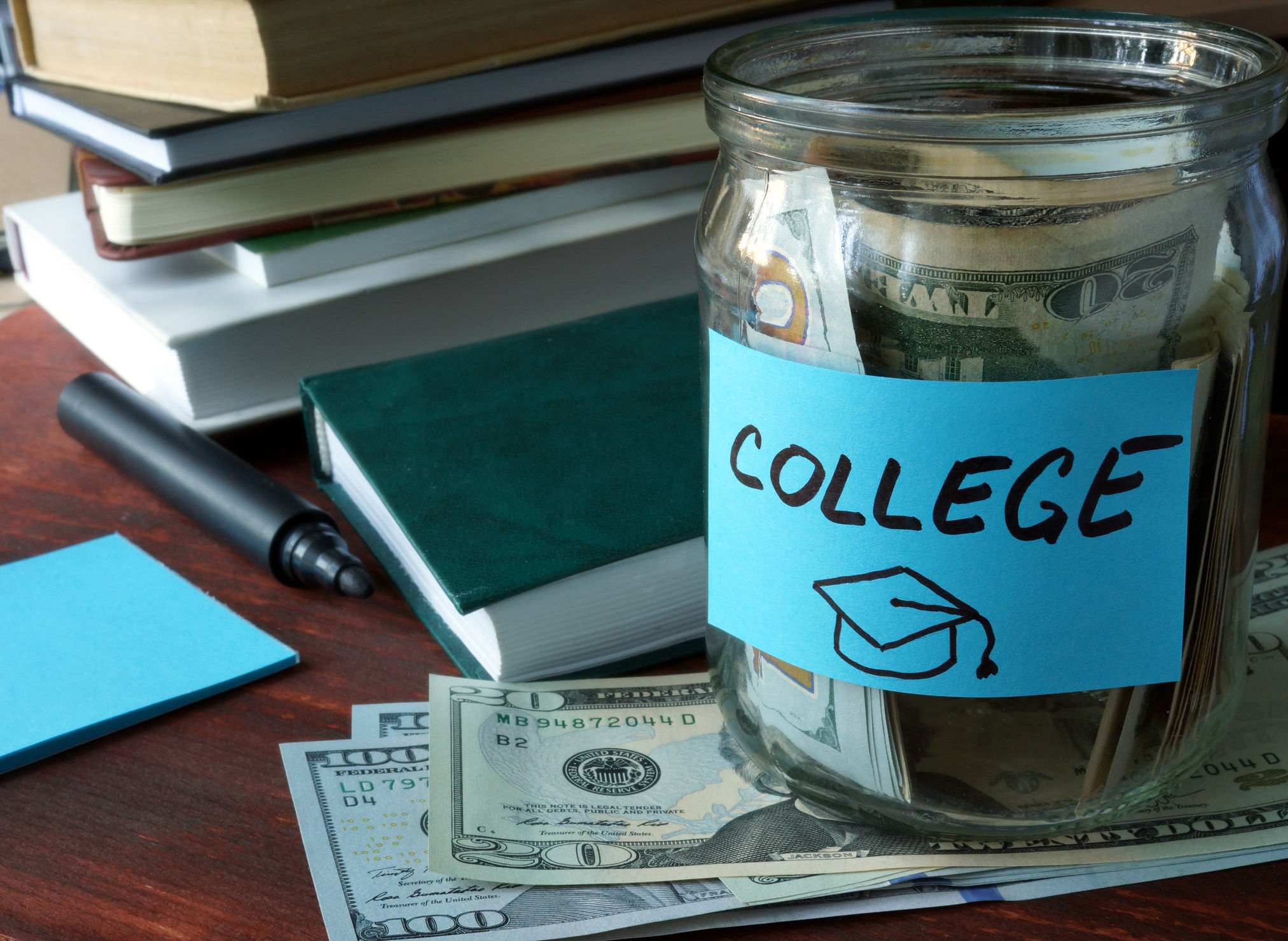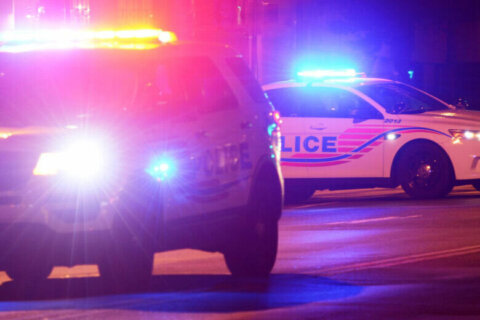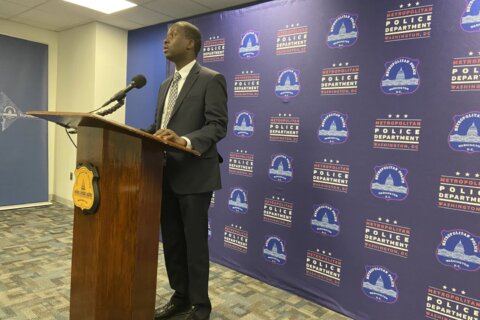
WASHINGTON (AP) — By most accounts, Josh Townsend is heading off to college this month with a solid foundation.
At the Paul Laurence Dunbar Senior High School, the D.C. student maintained a B-average. He played on the basketball team and won first place in a national youth leadership competition. This summer, he had a paid internship with NASA in Washington.
But as Townsend packs for Towson University in Maryland, the 18-year-old isn’t just worrying about whether he’ll get along with his roommate. He’s grappling with a bigger fear: outright failure.
“I’ve been around a lot of people that went to college and didn’t finish and that scares me the most,” said Townsend, who dreams of becoming an astronaut. “The littlest thing can happen and that could change your life forever. I really don’t want that to happen to me.”
Like many other D.C. students moving onto college campuses this fall, Townsend could become the first in his family to graduate from a four-year university — if he makes it to commencement day. For nearly two decades the D.C. College Access Program has helped Townsend and many others in their efforts to reach that goal.
DC-CAP, a privately funded nonprofit organization, works with all of the city’s public and public charter high schools. Its advisers help students apply for — and stick with — higher education opportunities.
All students, regardless of grades or family income, are assigned a school-based DC-CAP adviser in the ninth grade. During high school, these advisers shepherd students and families through what can be a complicated and time-consuming college-application process, from signing up for the SAT or ACT to applying for financial aid. The advisers supplement the work of high school counselors
Once students head off to college, DC-CAP retention advisers keep tabs on their progress for up to five years. Students judged to be at a higher risk of dropping out are targeted for extra support.
Often, that support is needed.
Fifty-six percent of D.C. students who graduated from high school in 2008 failed to earn a college degree within six years, according to a 2015 estimate from the Office of the State Superintendent of Education.
Argelia Rodriguez, president and chief executive of DC-CAP, said she wants to help far more D.C. students complete college. But she said the city has made strides since DC-CAP was founded in 1999. At that time, she said, about a quarter of D.C. high school graduates went to college. Now, she said, that share has more than doubled.
Rodriguez attributed these developments to a “chain reaction” of higher education attainment within the city. Every time an older sibling graduates from college, she said, it reaffirms that higher education is the expectation and not the exception.
Two sisters who graduated from McKinley Technology High School in Northeast Washington offer an example.
In May, Mbachur Mbenga, 24, graduated from Brooklyn College, of the City University of New York, with a degree in early-childhood education and African studies. This month, her younger sister, Binta Mbenga, 17, will start classes at North Carolina A&T State University to study sports science and fitness management. Mbachur helped Binta pack late last week, stuffing clothes, a desk lamp, a small ironing board and other dorm necessities into a van just before the family headed to Greensboro for drop-off.
Both sisters got crucial help from DC-CAP at McKinley Tech. Mamy Ceesay, their mother, is an African immigrant who said she didn’t understand the U.S. college application process.
“There were so many forms and questions. As a parent, I wasn’t able to do it, but (DC-CAP advisers) were there to fill in that gap,” said Ceesay, who is originally from Gambia.
The majority of students DC-CAP serves are from low-income households. For the Mbenga sisters, the joy of college acceptance was quickly blunted by the reality of paying tuition. Binta said she has paid her fall bills for attending the historically black public university but is still figuring out how to settle her account balance for the spring.
“There’s still a decent amount with some commas there that we need to pay off,” the younger sister said.
Each young woman received a scholarship from DC-CAP, as well as the D.C. Tuition Assistance Grant, a federally funded program which provides D.C. students with as much as $10,000 per year to help pay for public college. But with the escalating cost of college nationally, those funds don’t stretch as far as they used to.
Financial pressures force some D.C. students to transfer to less-expensive schools or to drop out, according to LD Ross Jr., vice president of programs for DC-CAP. Many colleges front-load student financial aid packages, luring students through dormitory doors with sizable grants in their first year but not replenishing the funds in following years, he said.
At the outset, DC-CAP encourages students to apply to schools with affordable tuition. If students find themselves midsemester with an outstanding balance, they can call their adviser for help in negotiating a solution with the college.
DC-CAP began as a public-private partnership after community leaders realized that too few D.C. students were prepared to enter the skilled workforce. Many residents were unable to take advantage of job opportunities in the nation’s capital, while employers struggled to fill high-paying positions.
While the District’s high school graduation rate has risen in recent years, a DC-CAP analysis found many students still aren’t prepared for the rigors of college.
“We’ve sort of hit a wall,” Rodriguez said. “Math and science is the wall they’re running into.”
Last fall, DC-CAP began an after-school program geared toward improving student skills in science, technology, engineering and math. The program, tried in three schools last year, will expand to three more this fall.
Donnisha Barnes, who graduated from Eastern Senior High School in 2006, studied psychology at Clark Atlanta University. As an undergraduate, she said she struggled with feelings of inadequacy, not sure if high school had prepared her for success.
At 29, Barnes now has two degrees and works as a college-retention adviser for DC-CAP. When students question themselves, she points to herself as proof.
“You are equipped,” she tells them. “You can do this and you do measure up.”
___
Information from: The Washington Post, http://www.washingtonpost.com
Copyright © 2024 The Associated Press. All rights reserved. This material may not be published, broadcast, written or redistributed.








